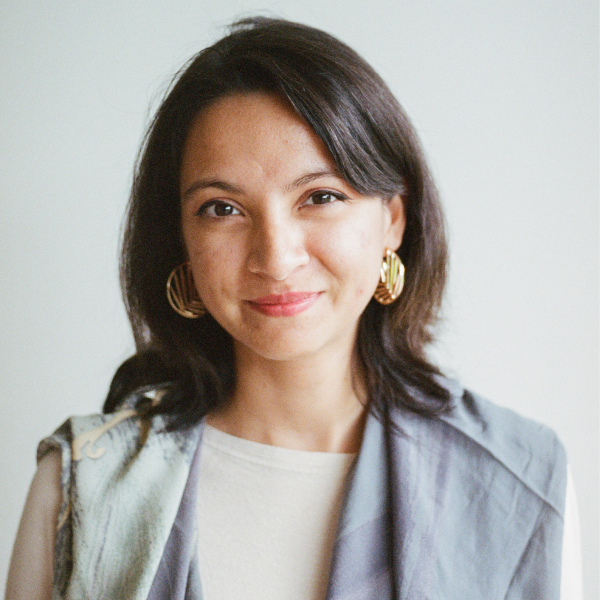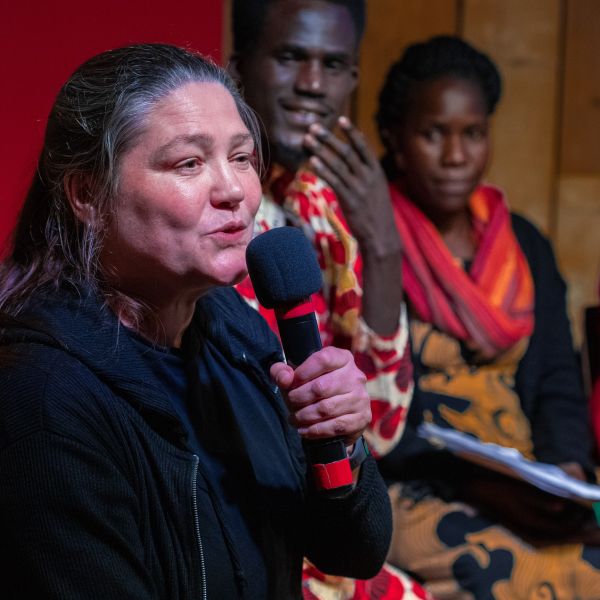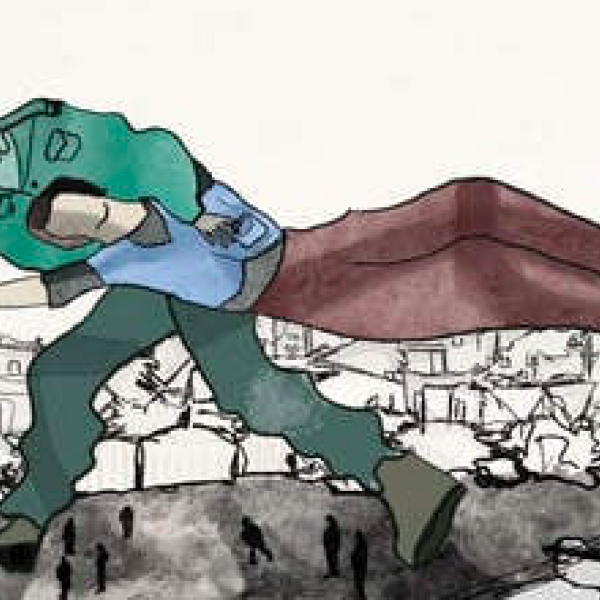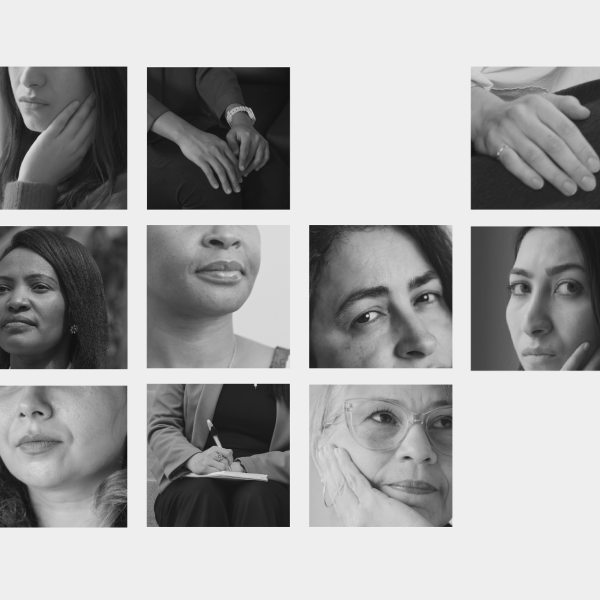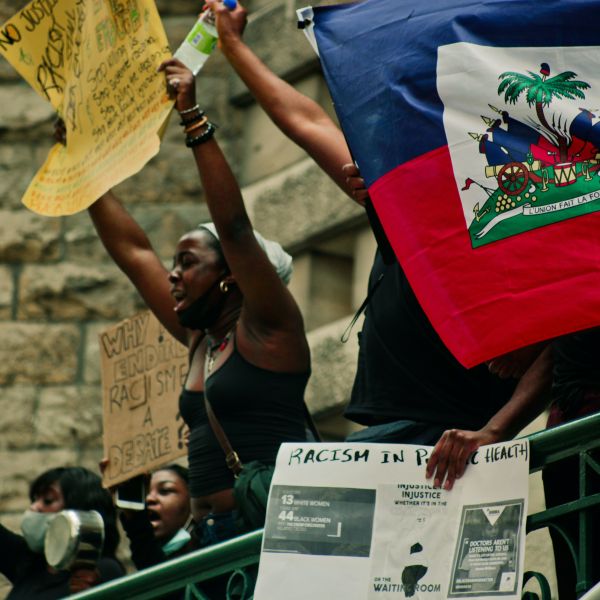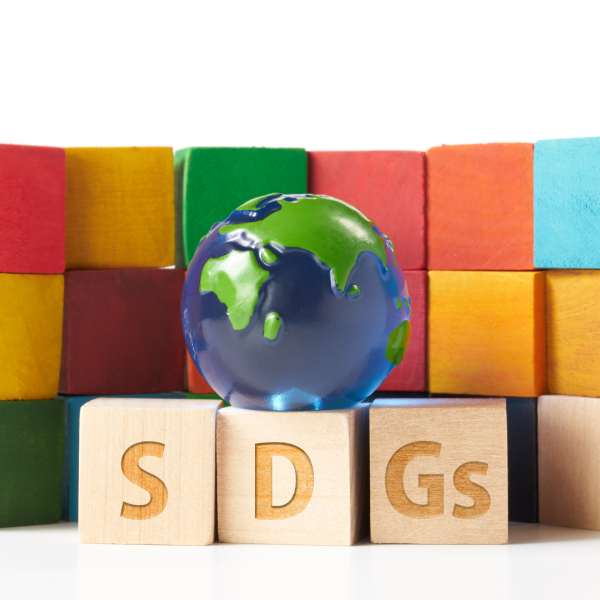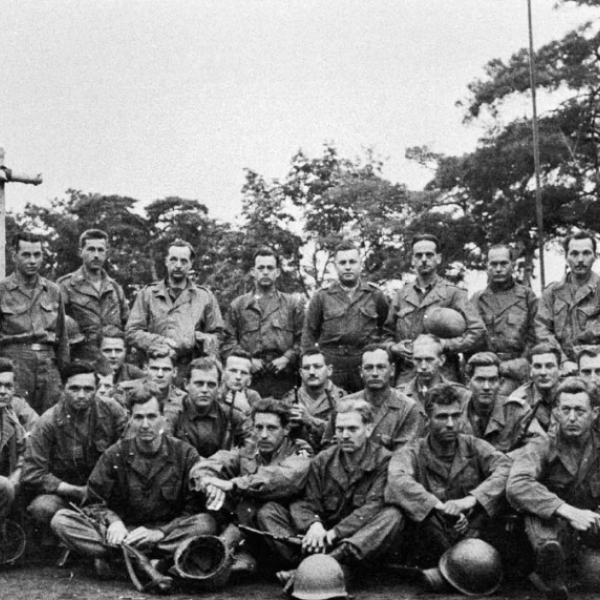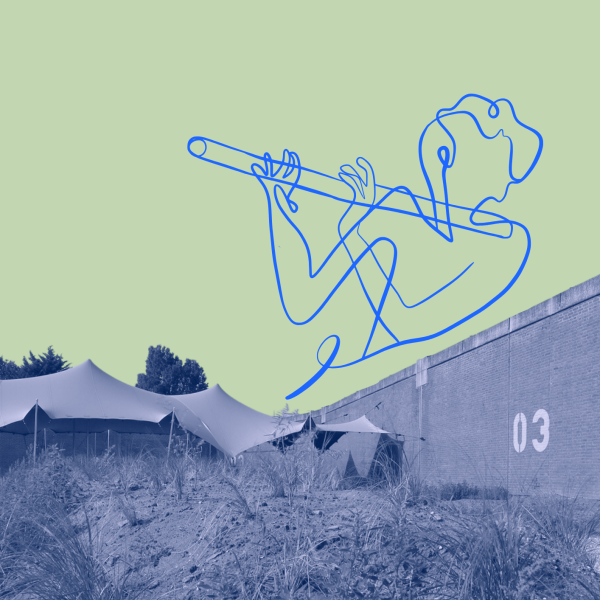Humanitarian Heroes: A Conversation with Tomas de Mul of UNOCHA about World Humanitarian Day and the Challenges of Aid
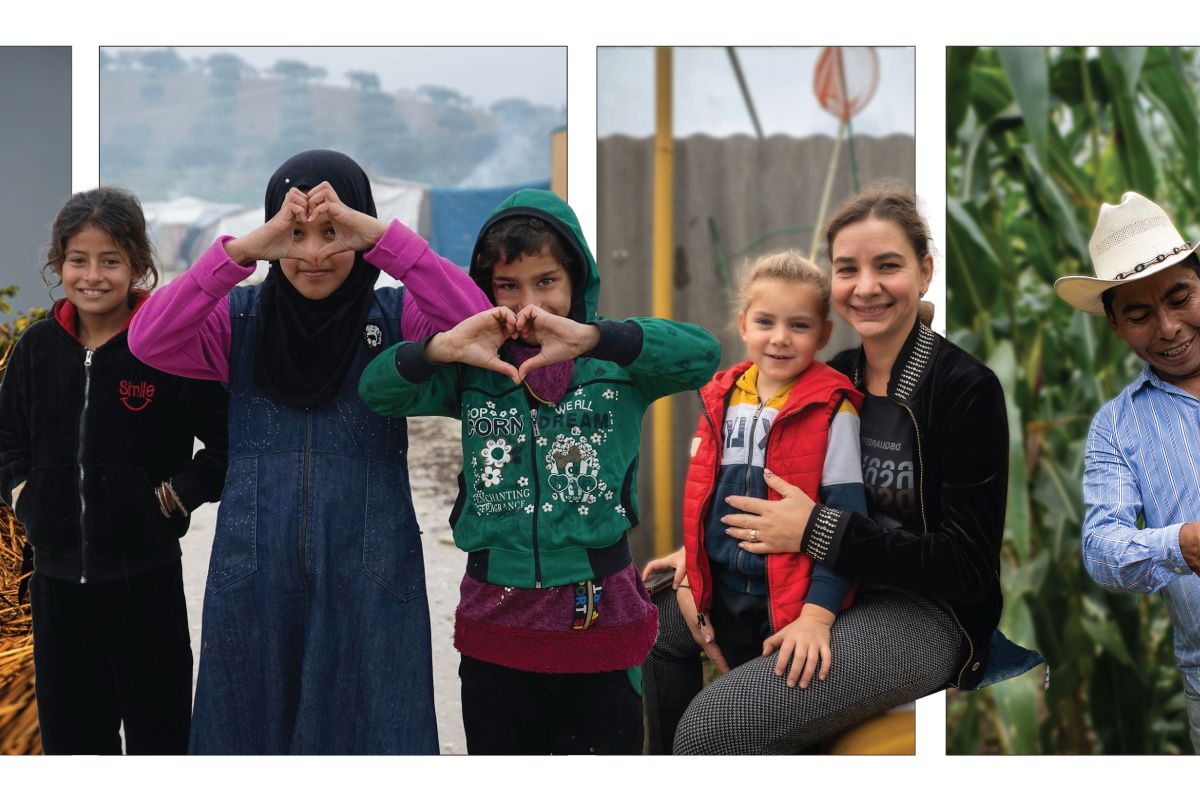
In this interview, Tomas de Mul, head of campaigns and digital advocacy at the United Nations Office for the Coordination of Humanitarian Affairs (UNOCHA), discusses the significance of World Humanitarian Day (WHD) and its origins.
WHD, celebrated annually on August 19th, acknowledges the work of humanitarian aid workers and commemorates those who have lost their lives or been injured in the line of duty. De Mul highlights the growing importance of WHD over the years and sheds light on the tragic event that inspired WHD: the 2003 bombing of the UN headquarters in Baghdad, Iraq. This attack marked a turning point in how the safety of humanitarian personnel was perceived and how humanitarian operations were approached in hazardous environments.
Who are you and what do you do for the United Nations Office for the Coordination of Humanitarian Affairs?
“My name is Tomas de Mul. I lead on campaigns work and digital advocacy in UNOCHA’s Strategic Communications Branch. UNOCHA is the part of the UN Secretariat that works to ensure humanitarian organizations around the world work together effectively and have the information and resources they need to deliver assistance for people affected by crisis. That means helping to ensure that partner organizations deliver humanitarian aid, including food, water, medicine and shelter to the people who need it most.”
What is the significance of World Humanitarian Day (WHD) and how did it originate?
“WHD is marked globally every year on 19 August to acknowledge the work of humanitarian aid workers around the world and to pay tribute to colleagues killed or injured in the line of duty.
The day is of course most significant to anyone that has been personally affected, has lost a close friend, colleague or family member. Its deeply tragic that someone loses their life while trying to help others. But it’s through such memories that the significance of the day really comes into focus.
Over the years, WHD has taken on wider meaning – becoming the humanitarian community’s most important international day and flagship campaign and bringing together partners from across the industry. From the UN family to local civil society and from NGOs to Governments the community uses the day to raise public awareness about aid worker security and to advocate more widely for support for people affected by crises.
In terms of its origin, WHD – 19 August – coincides with the anniversary of the 2003 bombing of the UN headquarters in the Canal Hotel in Baghdad, Iraq, in which 22 humanitarian workers were tragically killed and many, many more were severely injured. This WHD is the 20thanniversary of the horrific attack.”
This was a turning point: there was a feeling that humanitarians had gone from being respected to being targeted
How has the tragedy in Baghdad changed the way you work as a humanitarian organization now? How did you deal with the challenges that arose from that event?
“The Canal Hotel bombing was a devastating blow. As was the attack on the red Cross Headquarters only two months later. The attacks sent shockwaves across the humanitarian community. And while attacks on humanitarians were not entirely new, this was a turning point: there was a feeling that humanitarians had gone from being respected to being targeted.
Indeed, nearly six times the number of humanitarians killed in the Canal Hotel bombing were killed in every year of the last decade (the 2013–2022 annual average is 127 humanitarian deaths worldwide).
The event also marked a turning point in how the UN perceived security and threats, and how we approached humanitarian operations in dangerous settings. There was an urgent review of the UN’s security arrangements that aimed for an acceptable balance between operational objectives and the security of staff in high-risk environments. That led to the creation of a global UN security management system – UNDSS – which was more professional and certainly improved things. But with more “Gates and Guards” came a feeling of separation from the communities we were there to serve – something we are working to change so we can improve access and trust. Today, while humanitarians work in many of the world’s most dangerous and complex crises, there is a real effort to better manage the inherent risks and learn from experience.”
Our work is more difficult and dangerous than ever
Over the past two decades, your work has significantly grown in size and complexity. Can you explain which areas have specifically expanded and how this has affected your ability to reach people in need?
“In the 20 years since the attack, the number of people who need humanitarian assistance has grown exponentially, from around 50 million in 2003 to 339 million today. Combined, global humanitarian operations now require almost US$55 billion – a tenfold increase.
But while humanitarian assistance has never reached as many people as it does today and there have never been as many humanitarian workers deployed globally, funding has not kept pace. That means that humanitarians in operations around the world are being forced to make impossible choices deciding where to cut costs, and essentially determining who does and who does not get aid.
At the same time, as our efforts have grown, so have the challenges we face. Our work is more difficult and dangerous than ever. For instance, our world faces rising geopolitical tensions, a blatant disregard for international humanitarian and human rights law, we see deliberate assaults on aid workers, proliferation of disinformation, a climate crisis driving disasters – we see more of them, and they are often devastating disasters – and we see more, and longer lasting violent conflicts. Oh, and famine remains a realistic threat and starvation is used as a weapon of war. Yeah, the list is long.”

20 years ago today, this flag was recovered following the bombing of the @UN headquarters in Baghdad, Iraq.
The challenges for humanitarian workers have also increased. How do you ensure the safety of your staff in dangerous situations?
“The statistics are grim. Almost 7,000 aid workers have been the victims of attacks since 1997. In 2022 alone, 444 aid workers were such victims, including 116 killed, 143 injured and 33 kidnapped. That’s just what we know – and these numbers don’t reflect the humanitarians killed or injured by natural disasters in the course of their work. Think of the earthquakes in Turkey and Syria earlier this year.
But we are trying to do better when it comes to managing risk. In many ways, we have become more flexible and dynamic, changing course rapidly when security risks change. We have also worked to improve policies, support and guidance. We also face new threats such as rampant misinformation and disinformation campaigns – calling onto question the intent, goals and methods of aid workers and undermining security and operations – and sadly, blatant disregard for humanitarian law by many parties to conflict.
If we want to be able to deliver effectively – and according to our principles - we will need to continuously look for ways to access and gain acceptance of communities in need of assistance. Ultimately – while much is up to us as a community – efforts to reach communities in need and to stay and deliver even in the most challenging circumstances must receive greater global support.”
What is the biggest misconception about humanitarian work, and where do you see that there is still a lot of ground to be gained?
“First of all, I think there is a misconception that humanitarian work is the solution. Humanitarians often get criticized for not doing enough, or for fixing the problem. While humanitarian aid is critical – often life-saving – humanitarians don’t have the mandate – let alone resources to tackle the root causes of humanitarian need and human suffering. If we really want to end humanitarian needs, we need to be serious ending conflict – that takes genuine political will. Similarly, if we want to end poverty, hunger and inequality, the world needs to care and act. If we want to be serious about disasters, we need to look at the climate emergency and do something. These issues require change and a genuine will to act and invest at the highest level. Without that, humanitarian work will remain a temporary band-aid solution for a much bigger problem.
Secondly, there is a belief that humanitarian aid is delivered almost exclusively by expatriate relief workers. That could not be further from the truth – by far, most humanitarian aid is provided by national relief workers. The first to respond in times of crises are always the people of the affected communities themselves. To be honest, local organizations are often so much better placed to do so, having the local networks, speaking the language, understanding context. Hence the phrase: “humanitarian response should be as local as possible, as international as necessary.” So, what's needed is more investment and empowerment of local action for a better response but also for more long-term and durable solutions.”
I think there is a misconception that humanitarian work is the solution
Principles of humanity, impartiality, neutrality, and independence are essential to your work. How do you hold on to these principles amidst growing challenges and threats?
“Indeed, humanitarian principles are the foundation for humanitarian action and given the growing challenges they are more important than ever. They are central to gaining access to people in need – whether in the context of a natural disaster or a violent conflict setting. Simply put, there are four as you mentioned: Humanity, compels humanitarians to address the suffering of all people, no matter where they are. Impartiality means humanitarians help anyone in need, no matter where they come from or what they believe. Neutrality implies humanitarians never take sides, no matter the hostility, challenges or demands. And independence means humanitarians are simply just there to help, no matter the political, economic, military or other pressure.
From a practical perspective, remember that much humanitarian action takes place in contexts of conflict or great instability. Adherence to the principles is what allows humanitarian action to be distinguished from activities and objectives of other actors – such as political or military – or seen as interference in domestic affairs. And its not just about communicating about them. We need to ensure we act in accordance with them – or “walk the talk” if you will.”
What can people do themselves if they want to take action or stay informed?
“For this year’s WHD, our campaign will show that we stand shoulder to shoulder with the communities we serve, no matter who, no matter where and no matter what. We would love the public to engage with the campaign. The easiest thing to do is to visit www.worldhumanitarianday.org and to help spread the word on social media using #NoMatterWhat and #WorldHumanitarianDay. The campaign website has a lot of information and material that is easy to share. You can also directly support humanitarian action in the world’s most severe crises by donating here: https://crisisrelief.un.org/”
